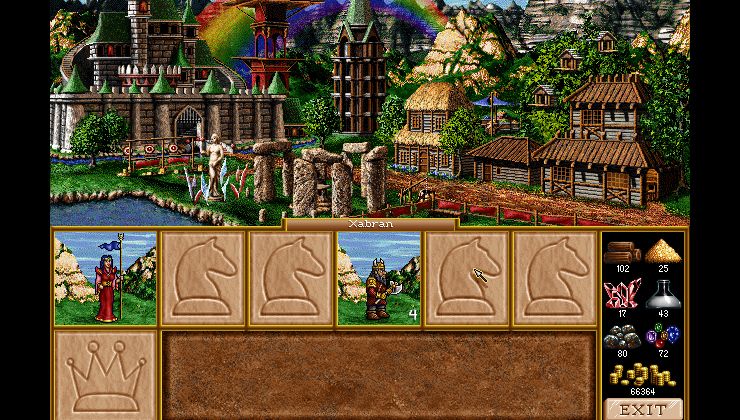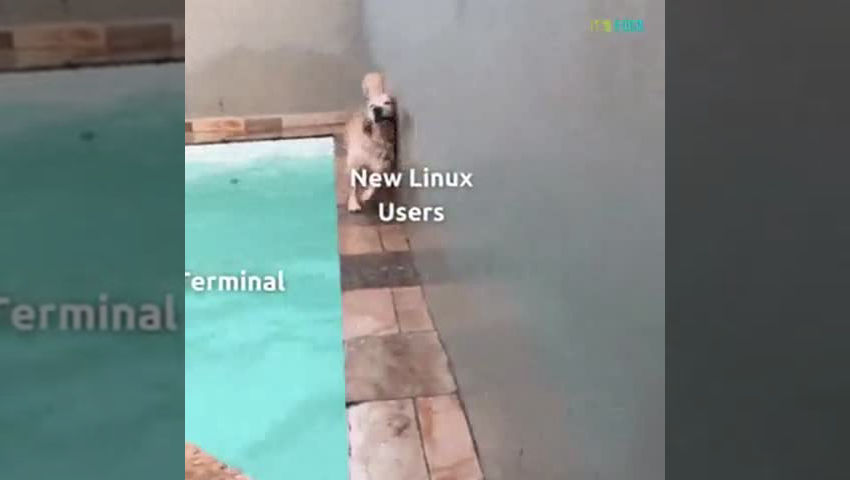☆ Yσɠƚԋσʂ ☆
- 122 Posts
- 194 Comments

 6·1 month ago
6·1 month agoOne huge impact mass FOSS adoption would have is that there would be a lot less software and hardware churn. Commercial nature of proprietary technology is the main driver for constant upgrade cycles we see. Companies need to constantly sell products to stay in business, and this means you have to deprecate old software and hardware in order to sell new versions of the product.
Windows 11 roll out is a perfect example. Vast majority of Windows 10 users are perfectly happy with the way their computer works currently, they’re not demanding any new features, they just want their computer to continue to work the way it does currently. However, Microsoft is ending support for Windows 10 and now they’re forced to buy a new computer to keep doing what they’ve been doing.
This problem goes away entirely with open source because there is no commercial incentive at play. If a piece of software works, and there is a community of users using it, then it can keep working the way it does indefinitely. Furthermore, in cases where a software project goes in a directions some users don’t like, such as the case with Gnome, then software can be forked by users who want to go in a different direction or preserve original functionality. This is how Cinnamon and Mate projects came about.
Another aspect of the open source dynamic is that there’s an incentive to optimize software. So, you can get continuous performance improvements without having to constantly upgrade your hardware. For most commercial software, there’s little incentive to do that since that costs company money. It’s easier to just expect users to upgrade their hardware if they want better performance.
I would argue that non technical software users would be far better off if they had the option to fund open source software instead of buying commercial versions. Even having to pay equal amounts, the availability of the source puts more power in the hands of the users. For example, building on the example of Gnome, users of an existing software project could also pull funds together to pay developers to add features to the software or change functionality in a particular way.
This is precisely what makes licenses like GPL so valuable in my opinion. It’s a license that ensure the source stays open, and in this way inherently gives more power to the users.

 1·1 month ago
1·1 month agoYup, it’s frustrating that there’s still no process that’s easy enough for a non techie to go through easily.

 1·1 month ago
1·1 month agoYeah basically, a turn key solution where your machine gets wiped and imaged with a Linux distro that does all the basic stuff most people need would be an ideal solution. A good way to look at it would be making sort of a Linux based console for non technical users as opposed to a general purpose computer. Tech people want the latter, but non technical users just want a reliable tool that can reliably handle a few tasks.

 5·1 month ago
5·1 month agoIndeed, it kills me how much perfectly hardware is constantly thrown out because Windows refuses to run on it.

 5·1 month ago
5·1 month agoI think the trick has to be that somebody who has a bit of technical skill sets the laptop up initially. I did this for my mom a while back, and once I set it up once, it just worked from there on. Non technical users tend to have a fairly small set of things they need to do like check email, browser the web, and play media. Once that’s working, they never need to change anything. In fact, they don’t want to change anything because they get used to the workflow, and they’re comfortable.
It would be great if people set up community centres where people can bring their old laptops, and somebody switches them over to Linux for them.

 8·3 months ago
8·3 months agoExactly, at this point it’s becoming clear that Mozilla is the problem. The amount of money it would take to simply fund a team of devs actively working on FF is a fraction of the money Mozilla pulls in. Most of that money is spent on execs, middle management, and random projects that they come up with to justify their existence.

 21·3 months ago
21·3 months agoI’d argue this is a good example of LLMs being used by artist to create nice looking art https://www.youtube.com/watch?v=envMzAxCRbw

 92·3 months ago
92·3 months agoI mean, Id did this for years with Quake engines as well, so we kind of know how this works out. The assets tend to be the really difficult part for open source community to replicate. Still cool that they’re doing it though.
Incidentally, this is where AI tools could really help open source community to make it easier to create nice looking open assets for the game engines like this.

 71·5 months ago
71·5 months agofor sure, this is a very resilient approach that makes it incredibly difficult to take code down

 31·5 months ago
31·5 months agolooks that way

 23·5 months ago
23·5 months agoI wasn’t curious enough to look deeper.

 22·5 months ago
22·5 months agothe world adapts :)

 421·5 months ago
421·5 months agoUS likes to impose arbitrary sanctions on its adversaries. Basically the US government decided that people from a particular country aren’t allowed to collaborate with people using US based platforms like GitHub.

 88·5 months ago
88·5 months agoOrganicMaps GitHub repo was blocked due to contributor being geolocated in a US-sanctioned place https://mastodon.social/@organicmaps/114155428924741370
Yeah, Huawei demonstrates that worker ownership works at scale and that a worker owned company is just as efficient and competitive as the best oligarch funded companies. It’s a threat of a good example.
Mr Ren is the founder, and the company was started as a cooperative as I recall. The total size of the company is 207,000 people, but typically people have to work at a company for a bit before becoming part of the cooperative. Hence why there non owner members.















it really is